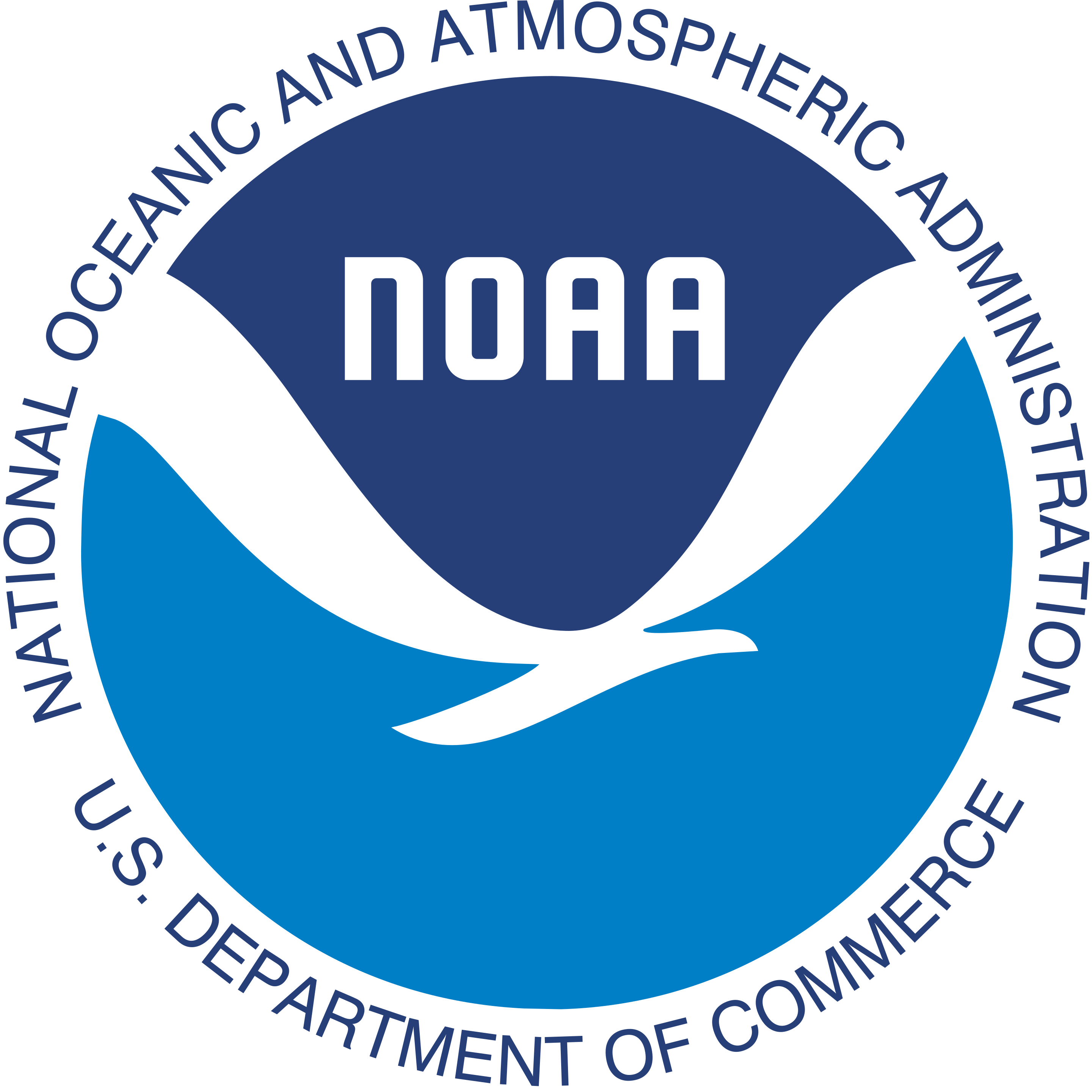University sees greatest amount of awards received in history
One of the most prestigious scholarships in marine science is being granted to seven URI students. PHOTO CREDIT: uri.edu
Eight sophomores at the University of Rhode Island were awarded the Ernest F. Hollings Undergraduate Scholarship from the National Oceanic and Atmospheric Administration (NOAA) in early April.
This is the most prestigious scholarship that can be awarded to students in the marine science field. While students at URI have received the award for 14 consecutive years, this marks the most students to receive it in any single year, according to Kathleen Maher, the assistant director of the Office of National Fellowships and Academic Opportunities.
Sophomore Ellie Madigan, a marine biology and wildlife and conservation biology double major received the scholarship, which includes $19,000 to go towards tuition for her junior and senior year as well as a paid internship during the summer between junior and senior year.
The application process includes multiple parts. The most important parts are the activities section of a resume and an essay talking about how your current and future goals align with the values of a specific subdivision of NOAA, according to Madigan.
“I applied to the National Ocean Service, so I wrote my whole essay on how estuaries are really important. Narragansett Bay is an estuary which allows people to recreationally participate in an ecosystem on a local level,” said Madigan.
Another recipient of the scholarship, Matthew Brander, a sophomore marine biology and agricultural and fishery science major, had a different approach to the essay section.
“I had an uncle who did some work for NOAA as an observer on a ship,” Brander said. “Growing up, I always heard his stories and thought it was really cool so I talked about that as well as wanting to go to grad school for something relating to fisheries.”
Maher said the Office of National Fellowships and Academic Opportunities offers support for scholarship applications including this one.
Maher and Jaqueline Webb, a professor of biological sciences, have worked together to create a support system throughout the entire application process.
According to Maher, Webb informed her marine biology students about the scholarship over the summer and the email was forwarded to other major programs to get the word out to all eligible students. In order for students to apply, they must have a 3.0 GPA.
The office then held a workshop to jumpstart the process and give students the necessary information to apply.
“Some students will attend the workshops, but after, it is up to them to reach out for more individualized help,” Maher said.
Brander took advantage of the help the University was offering and said he met with his advisor between 10 and 15 times over winter break to perfect his application.
Brander encourages students that meet the qualifications in the future to apply for the scholarship even if they are on the fence.
“When you think about it, it is probably 100 hours of work for a life-changing opportunity,” Brander said. “Even if you do not get the scholarship, filling out the application will help you build skills.”
After being awarded the scholarship, students think about their upcoming internships, which can be selected from a list sent out by NOAA to complete during the summer between their junior and senior years.
Maher said the goal of the program is to jumpstart students’ interests in these fields and hopefully help them to land a job in their specified area of interest post-graduation.





